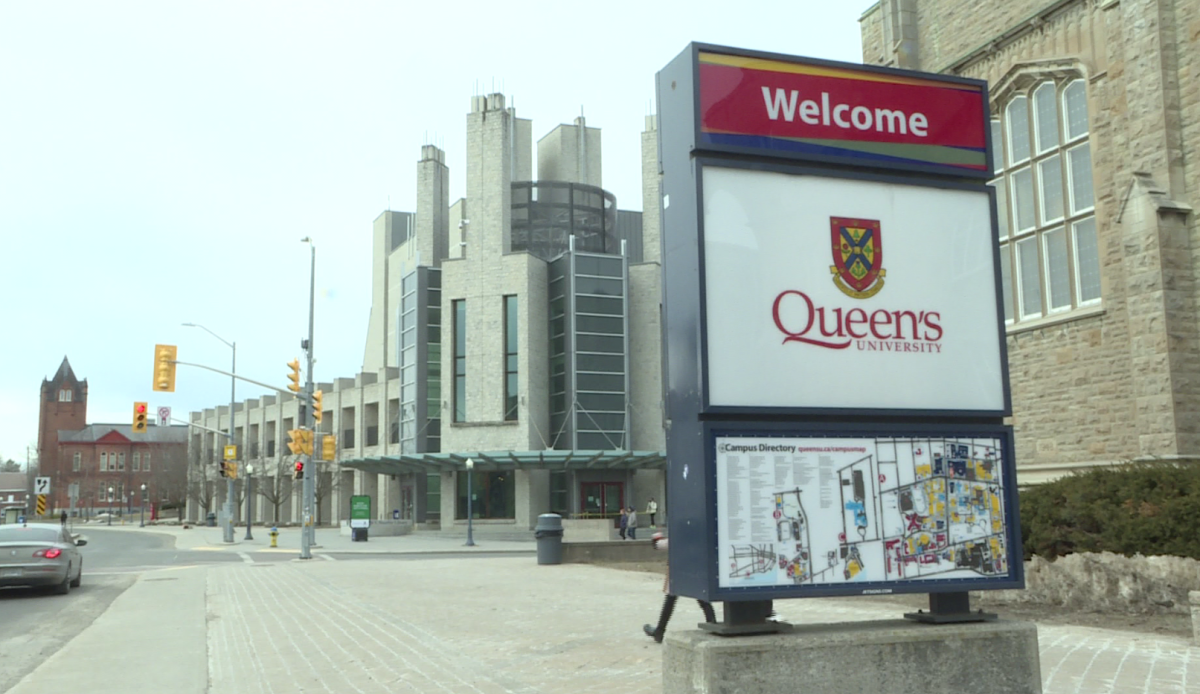The COVID-19 pandemic changed the lives of many people, including our digital presence, a report says.

A Queen’s University researcher recently published a report on how the pandemic led to an increase in digital surveillance not seen since the 9/11 attacks.
“Rather like during the period after 9/11, you had all kinds of expansions of surveillance possibilities and some of them were very flimsy in the permissions being granted for them,” Queen’s University research chair in surveillance studies David Lyon said.
The report outlines how Canadians’ personal information was used and misused during the COVID-19 pandemic.
The surveillance research team, led by Lyon, examined big data that changed hands between security, marketing and government sectors over five years from 2016 to 2021.
In one example, the report found Ontario police forces had access to and searched the COVID-19 health databases relating to active infections for several months until the civil liberties whistle was blown in 2020.
“What was clear was the extent to which government departments had access to data that was unusual and that seems to have been unauthorized in both the cases that you mention,” Lyon said.
“I don’t have a problem with it. I signed up for the Canada one where they track the virus and they send me alerts. Given my age and the health of my wife and I (I) think it was a good thing,” Belleville resident, Tom Hall, said.

Get weekly health news
“I guess it depends what kind of information they are grabbing. Is it information that is already accessible to them, because I know our phones already track us, right?,” Queen’s graduate Tristan Bower said.
Lyon’s team refocused their attention on how big data is used in coping with a public health crisis.
It found that citizens have little idea of what data is collected about them, that the data is increasingly tangled and that vulnerable populations are more targeted than others.
Some groups, such as women, Black people and Indigenous groups, are particularly vulnerable to today’s surveillance.

“But the difficulty is, in some cases the surveillance, and sometimes the lack of surveillance actually worsens the situation for many and I think that’s one thing that isn’t really understood,” Lyon said.
“I think we should know when we are being surveilled so that people can just, you know, not have their privacy infringed upon,” Queen’s student, Meadow Donnelly-Gilman said.
“We all should be getting more educated on how to better protect ourselves,” RMC student Mohamed Elmankabady said.
But it’s not too late to walk back the increase in data collection, the report says.
The report says it starts with educating everyone on everything from safe smartphone use to responsible computing systems, and to not rule out creating innovative modes of assessing and regulating digital information.








Comments